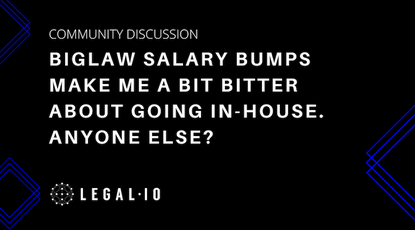New York is taking a significant step towards pay transparency with the introduction of proposed wage disclosure rules. The state labor department issued these proposed rules to clarify employers’ wage disclosure obligations. The regulations are not yet final, but they provide guidance for employers.
Key Takeaways
-
Scope of Application: The pay transparency law applies to private employers with four or more employees. Starting from September 17, these employers will be required to disclose the compensation or range of compensation in any internal or external job advertisement or promotion or transfer opportunity. In addition to salary disclosure, employers will also need to disclose the job description for the position, if one exists.
-
Coverage: The wage disclosure law applies to advertisements for jobs that will be physically performed in New York or will be physically performed outside of New York but will report to a supervisor, office, or other worksite in New York. However, incidental or infrequent presence in the state of New York for work-related purposes is insufficient to require compliance with the statute.
-
Third-Party Postings: Employers are required to include the salary range in a job advertisement, regardless of whether they are posted by the employer directly or through a third-party, such as a recruiter or a job listing website.
The introduction of these proposed rules could significantly alter the landscape for employers. They will need to adopt a more transparent approach towards disclosing compensation, which could lead to potential candidates making more informed decisions. This could foster a more competitive job market and aid in addressing wage disparities.
However, this increased transparency could also pose challenges. Employers will need to ensure they are compliant with the new rules and may need to adjust their hiring processes accordingly. They may also need to review and potentially adjust their compensation structures to ensure they remain competitive in the job market.
“So from an existing employee perspective, some employees might be at the bottom of the range, might be at the top of the range, or somewhat in the middle, so therefore it might create some conversations from existing employees on ‘I might not be being compensated at the top rate of the range,’” said Guy Maddalone, Founder and CEO of GTM Payroll Services, an HR consulting company.
Employers that violate the law could face civil penalties of $1,000 for a first violation, $2,000 for a second violation, and $3,000 for a third or any subsequent violation.
The proposed wage disclosure rules represent a significant advancement in pay transparency in New York. While there may be challenges in implementing these rules, they are an important step towards ensuring fair and equitable compensation practices.
Note: These regulations are not yet final and employers should consider commenting on the proposed regulations by the November 12 deadline.









